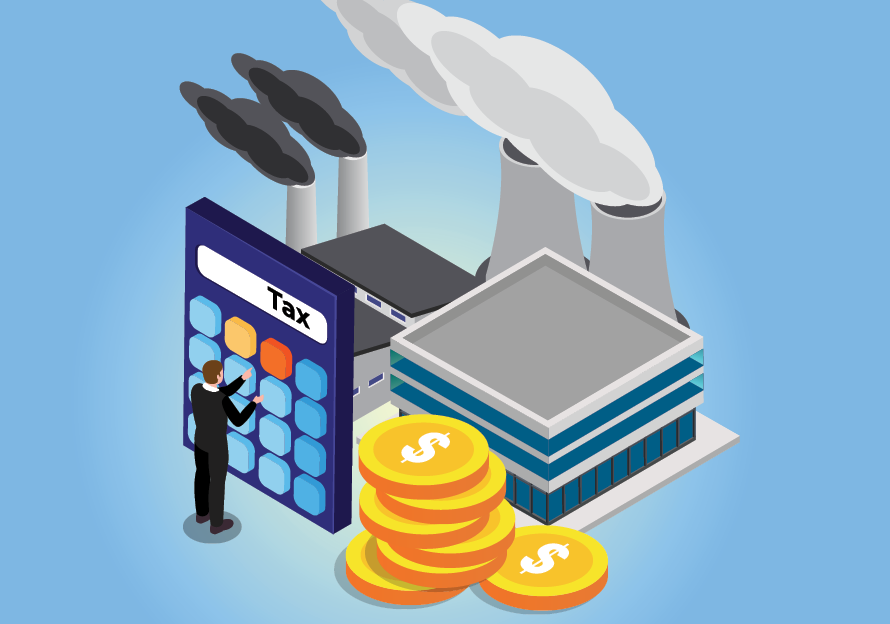
The California Chamber of Commerce and a coalition of organizations are asking for a delay in the rulemaking for the climate emissions reporting mandated by legislation signed last year, considering its impact on the business community, particularly smaller firms based in California.
Given the costs and concerns voiced by several sources about the accuracy of emissions data, depending on how it is calculated, the CalChamber and coalition asked in a letter to the Governor that the rulemaking timeline be delayed and the reporting requirements adjusted for SB 253 (Wiener; D-San Francisco; Chapter 382, Statutes of 2023).
The groups emphasize that despite adding substantial cost to doing business in California, the SB 253 reporting requirements will do nothing to reduce emissions. The letter cautions against proceeding too quickly in implementing SB 253 “as the economic impacts will be felt immediately and will be ongoing.”
Delay Rulemaking Process
Currently, the rulemaking process at the California Air Resources Board (CARB) is set to begin on January 1, 2025. Given the funding delay due to the state’s fiscal troubles, similarly delaying the rulemaking process seems reasonable to give CARB time to align resources with SB 253’s implementation requirements, the CalChamber and coalition said.
Pushing out the reporting timelines for one calendar year will ensure reporting entities can set aside adequate resources to comply with the law. The added time also will allow reporting efforts to mature in an area that still is developing.
Data Reporting Questions
The CalChamber and coalition cited the experiences of federal and state entities as support for the request to delay and adjust emissions reporting under SB 253.
• The U.S. Securities and Exchange Commission (SEC) decided in its March rulemaking to exclude mandating Scope 3 emissions because they could not be measured accurately.
• The California State Teachers Retirement System (CalSTRS) reported earlier this month that they would have to delay reporting their emissions data because they found a “colossal data error” in their existing reporting, according to news articles.
The agenda for the CalSTRS May Investment Committee meeting noted that calculating Scope 1 (direct) and Scope 2 (indirect) emissions are appropriate choices and pointed to a “current market consensus” that the methods of accounting for Scope 3 emissions “are still under debate…and any emissions data produced would likely not be reliable or useful for decision making.”
Similarly, the California Public Employees Retirement System (CalPERS) said in a 2022 letter to the SEC that “there is uncertainty in determining Scope 3 emissions.”
Proposed Revisions to Reporting
The CalChamber and coalition have suggested amendments that will streamline and add consistency to reporting while minimizing the fiscal impacts that would be passed along to the small business community:
• Revise the definition of Scope 1 and Scope 2 emissions to better align with current emissions reporting requirements. Even with the proposed changes, the number of entities reporting direct and indirect emissions would be roughly 10 times greater than those currently obligated to report.
• Instead of requiring CARB to develop and adopt regulations to require reporting entities to disclose all Scope 3 emissions every year, base reporting on materiality (one option supported by proponents of more emissions reporting) or obtainability.
• Allow reporting to be provided at the parent company level rather than requiring it to be done multiple times at the subsidiary level, which is inefficient and will add cost with no added value.
• Allow CARB to survey available reporting standards earlier and permit additional reporting standards for compliance, thereby easing reporting requirements for many organizations and providing additional pathways to compliance.

